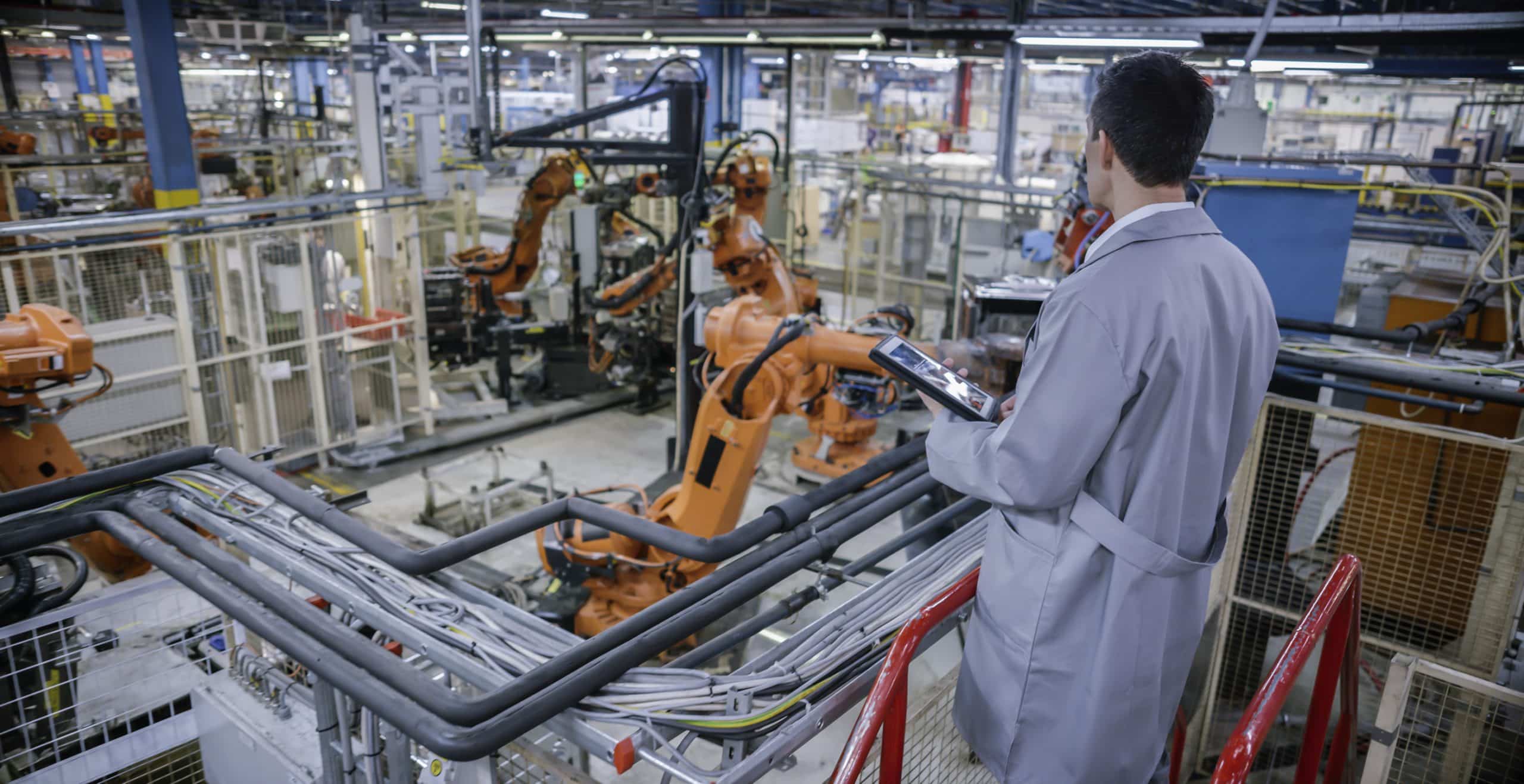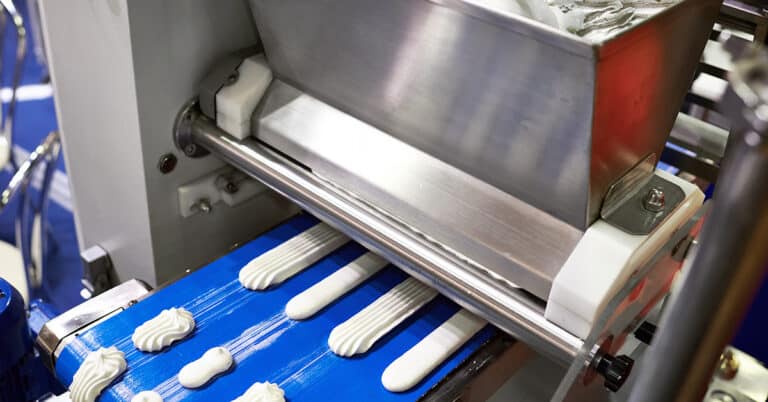What is a reliability engineer in maintenance operations? This important role is tasked with keeping assets — and, thus, the facility — operational, extending and managing the equipment lifecycle, and managing maintenance and production costs.
In the past, these concerns would often only be addressed individually, limiting the effectiveness of any solutions. The introduction of the maintenance reliability engineer creates a role that operates and interacts across numerous functions — taking a more holistic and effective approach to increasing equipment reliability, uptime and service life.
What does a reliability engineer do?
The role of the reliability engineer encompasses several important areas, each of which plays a part in optimizing equipment and production operations. Reliability and maintenance engineering takes each of these areas into account to provide in-depth, effective asset management solutions.
Some of the most critical functions are:
- Risk management: Only by assessing and identifying operational risks can a manufacturing operation be prepared to address and plan for them. Reliability engineers take a quantitative approach to assessing safety, maintenance and operational risks. They work with management, maintenance, operators and other personnel to minimize those risks and create plans to address them.
- Safety: Safety is one of the biggest contributors to equipment uptime since injuries and equipment malfunctions require extensive time to investigate and rectify. Reliability engineers assess safety factors and create operating plans designed to protect workers, maximize safety, reduce or eliminate workplace injuries, and improve equipment uptime.
- Loss elimination: Production losses can come from a variety of areas: unplanned downtime, tooling changeovers, supply chain or order funnel interruptions, and more — essentially, any situation that leads to idle equipment. Reliability engineers identify the biggest contributors to production loss, and work to reduce or eliminate them. Combined with efforts to moderate high maintenance costs, this is one of the areas in which reliability engineers can save manufacturers the most money.
- Life cycle asset management (LCAM): Reliability engineers work with other engineering departments to plan for production design, commissioning, installation and implementation. The goal is to ensure that every asset in the facility is carefully planned and accounted for in terms of service life, expected maintenance needs, MRO sourcing and inventory, testing, inspection, and more.

Reliability engineers and maintenance engineers each play a critical role in maximizing uptime and keeping the facility running at peak performance. The two are not, however, interchangeable.
Maintenance engineers focus on maintenance strategy, planning and implementation. On the other hand, reliability engineers take a more big-picture approach to assessing and minimizing risk; identifying root-cause issues through failure mode and effects analysis (FMEA); and optimizing asset reliability and uptime — with maintenance as one of the areas involved.
The benefits of a reliability engineer
Reliability engineers introduce numerous benefits into an operation. These can include:
- More proactive maintenance and risk assessment: The reliability engineer’s focus on risk assessment and asset lifecycle management means a more proactive approach to maintenance. Personnel will be better prepared to act and react whenever maintenance is necessary.
- Improved uptime: With a primary goal of reducing production loss, reliability engineers can vastly increase equipment uptime, often with just a few changes to scheduling, maintenance and inventory practices.
- More effective maintenance: Reliability engineers engage in failure mode and effects analysis (FMEA) to go beyond the immediate causes of maintenance issues and identify the underlying factors — not only addressing the issue at hand, but also improving operations and helping to prevent problems.
- Longer equipment service life: With a long-term focus on the entire equipment lifecycle, reliability engineers work to assure that operations “surprises” are kept to a minimum, and that the facility can be reasonably certain about how long a given asset will perform up to spec.
When to hire a reliability engineer
Key scenarios or events that might create a more immediate need to hire a reliability engineer include:
- As operations scale up, with more equipment and assets, it creates the potential for increased risk and maintenance requirements.
- While safety is always a critical concern in manufacturing, higher-risk industries should always have a reliability engineer on hand to minimize safety risks.
- If everyday maintenance or production costs seem too high, but do not have a readily apparent solution.
- If equipment reliability is consistently below manufacturer specifications or expectations.
- If unplanned downtime is a problem.
- When upgrading the maintenance strategy to be more proactive and risk-averse.
Who benefits from a reliability engineer?
Every industry with production machinery and assets can benefit from a reliability engineer.
Some of these industries include:
- Aerospace
- Automotive
- Building products
- Consumer packaged goods
- Heavy equipment
- Paper and pulp
- Power distribution
- Tire and rubber
A reliability engineer can save you …
While every scenario is different, a reliability engineer can almost always offer:
Time savings:
- More efficient maintenance is conducted as part of a cohesive strategy
- Faster, more effective maintenance troubleshooting to get equipment back up and running more quickly
- More streamlined installation of equipment under dedicated commissioning strategies
- Less time spent on reactive maintenance
Cost savings:
- More proactive, efficient maintenance that reduces costly downtime
- More uptime for boosted revenue generation
- Elimination of duplicate maintenance and reliability efforts across departments
- Root cause analysis to correct recurring maintenance issues
Helping manufacturers around the world
ATS helps manufacturers improve their overall operations through the support of our reliability engineering team. As part of our predictive maintenance services and R360® Machine Health Monitoring solution, reliability engineers are ready to help you improve uptime, increase safety, identify failure root-cause and save costs across the board — much like we did in saving this manufacturer $43,000. To learn more, contact ATS today.






